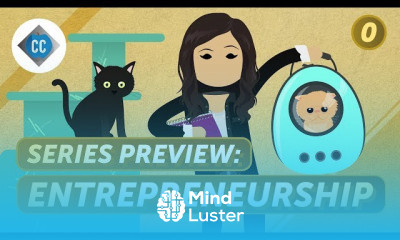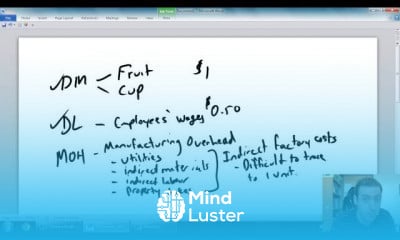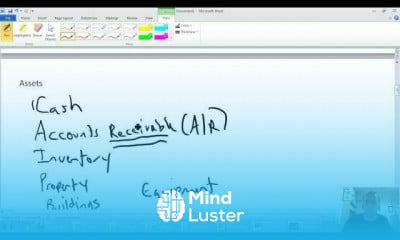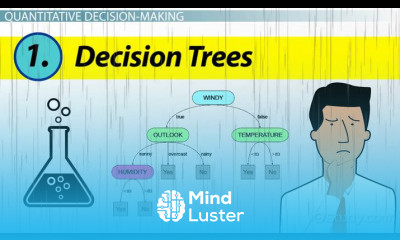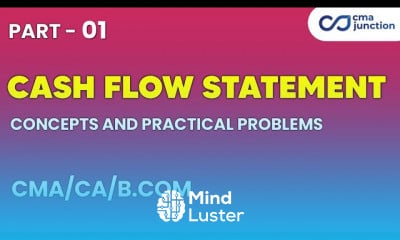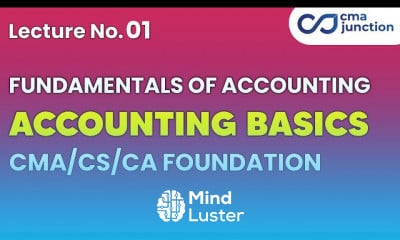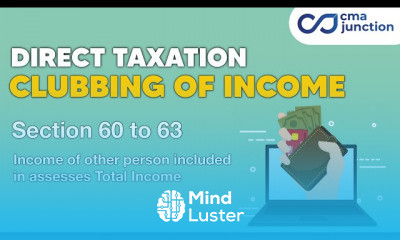The Employment Relationship
Share your inquiries now with community members
Click Here
Sign up Now
Lessons List | 17
Lesson
Comments
Related Courses in Business
Course Description
What Is Employment Law?
Employment law is the collection of laws and rules that regulate relationships between employers and employees. Employment laws say when an employer can hire employees and when the employees can work. The laws cover what an employer must pay the employee for their work. They create minimum requirements for working conditions for employees.
Following employment law
When an employer wants to hire someone, there’s a lot they have to know. There are minimum wage laws that require the employer to pay a certain amount. There are laws that prohibit the employer from discriminating against applicants or employees based on certain characteristics. Employers must provide a safe working environment. In some cases, they must provide health insurance options. Employers must collect and submit payroll taxes on behalf of the employee.
Employers often don’t even know what they don’t know. With so many regulations to comply with, employers are often overwhelmed. U.S. labor laws have developed throughout American history. They’re not all in one place. Employers turn to lawyers to help them follow the law.
At the same time, employees want labor laws enforced. They may need help from an employment lawyer to understand what the laws are and whether their employer has violated the law. They might turn to an employment lawyer to help them enforce the law when their employer hasn’t followed it.
Major employment laws in the United States
Some of the most notable employment law in the United States includes the following:
Minimum wage laws
The Fair Labor Standards Act of 1938 sets a federal minimum wage. Many states also have minimum wage laws. States can’t make a lower minimum wage, but they can make the minimum wage higher than federal law requires. Different types of employees might have special considerations. For example, employers who have employees that earn tips may be able to rely on tips to make up some of the employee’s minimum pay.
Overtime pay
Employees have the right to overtime pay. The Fair Labor Standards Act says that an employer must pay time and half for any hours that an hourly employee works over 40 hours per week. While there’s no maximum number of hours that an employee can work in a week, the employer must pay overtime for each hour that an employee works over 40 hours in a week. There’s no right to overtime for working on a Saturday or Sunday if the employee’s total hours stay under 40. There’s also no limit to the number of days that an employee can work in a week.
Family and medical leave
The United States has no requirement for paid medical leave. However, the Family and Medical Leave Act of 1963 says that large employers must offer up to 12 weeks of unpaid family leave. An employee can use family leave after the birth of a child or after an adoption. They can use it for their own health problem or to care for a spouse, child or parent who has a serious health condition.
Collective bargaining
Employees have a right to organize collective bargaining with an employer. The Clayton Act of 1914, the National Labor Relations Act of 1935 and the Labor Management Reporting and Disclosure Act of 1959 all regulate collective bargaining. If more than 50 percent of a workforce wants to organize, a company must negotiate in good faith.
Safe working conditions
Employees have a right to safe working conditions. The Occupational Safety and Health Act of 1970 (OSHA) protects employees from foreseeable hazards at work including chemicals, extreme temperatures, noise, sanitation problems and conditions that are likely to cause injuries. Employers can’t retaliate against an employee for exercising their rights under OSHA.
Employers can’t discriminate based on protected characteristics
Employers must be careful to avoid discrimination against employees. They may not discriminate on the basis of race, color, religion, sex or national origin. The Civil Rights Act of 1964 prevents an employer from discriminating based on these qualifications in both the hiring process and when making a decision about a dismissal. There are some exceptions that employment lawyers should be aware of. For example, casting directors are able to make decisions that are consistent with their creative vision.
Employers also can’t discriminate on the basis of age. The Age Discrimination in Employment Act of 1967 says that employers can’t discriminate against older employees when it’s time to decide promotions, compensation and termination of employment. Similarly, employers can’t discriminate against people with disabilities. The employee must be able to fulfill the essential duties of the job, but they can have reasonable accommodations.
Civil rights considerations
Employees have First Amendment rights. However, employers have a right to go about their business without interference from employees. For example, in Pickering v Board of Education (1968), a school wrongfully terminated a teacher for criticizing the school board. However, in Connick v. Myers (1983), the court said that it was okay to fire a disgruntled employee for circulating a questionnaire on management practices.
Civil rights also protect an employee’s right to privacy. Employees have a right to privacy in their own handbags and even in private telephone conversations. However, there’s no right to privacy on employer-owned electronic devices.
Who practices employment law?
Employers, employees and the government all need employment lawyers. Employment lawyers work as in-house counsel, in private law firms, and for the government. Employers rely on employment attorneys to help them comply with the myriad of laws that they must follow in order to lawfully form and terminate employment relationships. Relying on employment lawyers can help employers save time and money as well as make sure that they treat their employers fairly under the law. In-house attorneys might practice employment law as part of a wider practice that meets their company’s range of legal needs.
Employees rely on employment lawyers to help them when employers don’t comply with the law. For example, when an employee needs to enforce mandatory overtime pay or bring a claim for age discrimination, they may turn to an employment lawyer. Unions rely on employment lawyers in collective bargaining negotiations.
Both employers and employees might rely on an employment lawyer to draft and negotiate a contract of employment. Each side might have their own attorney to represent them and negotiate in their interest. Employment lawyers can also work as contract lawyers to the extent that they help employers and employees negotiate contracts.
Employment lawyers also work for the government. They might work for one of the government agencies that drafts and recommends employment laws to the President and to Congress. These agencies analyze employment data and even enforce employment laws. If you work for the government, you might work in drafting, you might bring violations on behalf of the government or you might serve as an administrative hearing officer.
Because of the many regulations involved in employment law, most lawyers who specialize in this area make it a large share of their practice or their only area of practice. Most employment lawyers aren’t solo practitioners. Employment lawyers tend to gravitate towards medium-sized and large cities. Employers might use in-house attorneys or private practice attorneys to meet their needs. Employees usually look for private practice attorneys when they need an employment lawyer.
Why Become an Employment Lawyer?
For attorneys who enjoy regulation and compliance, employment law is a good choice. Employment lawyers don’t often see a courtroom. While employment disputes can go to trial, the vast majority of an employment lawyer’s duties involve advising employers in best practices and negotiating contracts. Employment lawyers might occasionally work to resolve employment disputes or negotiate bargaining agreements. Contested hearings are possible, but they’re typically an infrequent part of an employment lawyer’s duties.
Employment lawyers often set up stable, long-term practices. They might represent a single client for many years. They might practice employment law as they rise through the ranks of a company or a large law firm. Employment laws change over time. That means companies have ongoing legal needs. It also means that employees may have new disputes. Employment lawyers can rest assured that they will have work to do both today and in the future.
Trends
Graphic design tools for beginners
Financial Accounting
Web design basics
Logo Design
Figma for UX UI design
Advanced Logo design methods
Accounting Finance course
Customizing type for logos
Graphic Design | Photoshop
UX design career in 2025
Best zoology books
Accounting
Freelance graphic design business
Web Design 101 Free Full Course
Graphic Design Basics
Essential skills for web designers
SQL for accountants and finance managers
Mastering logo design in illustrator
Figma Signing Up and Signing In
Web Design Using HTML CSS
Recent
Bioinformatics basics
Bioinformatics databases
Vitamin A to Z tablets
Best zoology books
Best cream for piles pain
Laser surgery for piles
Best cream for piles
Anal fissure treatment
Best antibiotics for diseases
Antibodies structure
Macrophage structure
Drosophila genetics
Diagnostic tests
Bioinformatics
Genetics
Gene therapy
Kidney structure
DNA replication and types
Bacterial cell structure
Parasite structure



